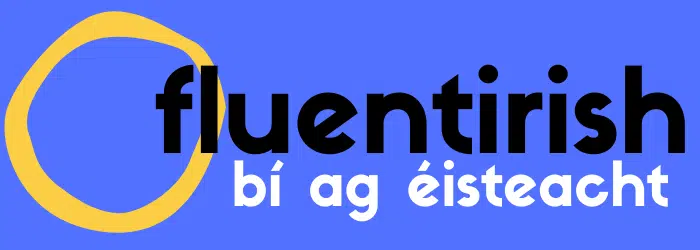Irish Language In Dublin 🗣️ – Is It An ‘Alien’ Language There?
Discussing The Irish Language In Dublin
Irish Language In Dublin 🗣️: In this blog, we will try to debunk the common concept that the Irish language is considered ‘alien’ in the country’s capital, which is Dublin – thought by those who live in the capital themselves.
I know that many people in Ireland – more often those who live in Dublin – think that speaking Irish means you either live or came from other places in Ireland, most often thought of in a degrading manner, with the notion that you originated from a rural (or frankly speaking, a poorer) place. Of course, I and a lot of people I know certainly do not think that in the slightest – never crossed my mind, really. When I hear someone speaking in Irish, I picture them as someone loving their roots and learning all they can in this world!
But enough about me – some Dublin folks really do think that way – whether they were born or relocated there. An Sionnach Fionn’s writer for this particular article, for example, had this to say:
A few years ago a former passive-agressive manager in my job, who made a great point of mispronouncing my surname whenever the chance arose, confronted me with the following declaration: If you speak Irish why are you living in Dublin? Why don’t you go live somewhere down the country where it is spoken?
What made them think that way? And is what they are thinking valid? Let us try to find out; below, we will cover this particular question.
>>Check out the latest podcasts on FluentIrish.com – and start improving!
Irish language: a foreign language in Dublin?
As I have mentioned above, many native and non-native Dubliners strongly think of the Irish language as ‘alien’ or foreign. Residers of Baile Átha Cliath also has the belief that the nation’s capital is all-English – speaking, reading and writing is all done in English as they would prefer. Dublin being Ireland’s (with Irish as the national language) capital does not really matter to them. Honestly, some people have this belief simply because of ignorance and lack of information. Others, on the other hand, just simply think speaking in English (i.e., Anglophonic) makes them the best among the rest, if I can honestly word it myself.
Furthermore, they even went as far as to say that Irish language in Dublin never existed in the past the same way it does not exist in the present. And let me tell you, they would wholeheartedly want to the same scenario in the future.
Dublin Irish
Of course, the belief above is false. Some just do believe that, even with the presence of solid evidence and facts. And speaking of solid evidence, I’ve read an interesting article that states the following:
In addition…
Secondly, and more importantly for this blog, traditional local Gaelic receded far more slowly in Co. Dublin than generally realised. Anglicisation took hold most quickly along arterial transport routes, through which commerce and bureaucracy could push the English language ahead of them. But mountainous parts of south Co. Dublin remained relatively remote (and so self-sufficient) well into the twentieth century, providing conditions that helped the survival of a local Irish dialect – although it was, even in its lifetime, very difficult to find.
This belief is slowly changing
Thankfully, just as Ireland has those who disregard the history, relevance and presence of the Irish language in Dublin, it also has plenty supporters of our mother tongue. It was reported by thejournal.ie that Dublin planned to invest quite a sum of money on the Irish language. You can read an excerpt from the report below:
NEW PLANS TO invest €178 million in the Irish language over the next decade include a plan for an Irish language and cultural hub in Dublin.
Irish language groups have said that such a hub could include a café or theatre and would be a space for those who speak the language and those learning it.
The government’s proposals for investment in culture, language and heritage were revealed yesterday with significant pledges for Gaeltacht areas and language supports.
Learn Irish through FluentIrish
Now that I have shared with you the status of the Irish language in Dublin, we want to discuss how we can help you in everything Irish-related.
ba mhaith linn plé leat freisin conas is féidir linn cabhrú leat i ngach rud a bhaineann leis an nGaeilge.
If you can understand simple Irish, you will want to improve. FluentIrish is here for you. Listen every day to get on with Irish.
Má tá tú ábalta Gaeilge shimplí a thuiscint – beidh tú ag iarraidh biseach a dhéanamh. Tá Fluentirish anseo faoi do choinne. Bí ag éisteacht gach aon lá chun a bheith ag gabháil ar aghaidh i nGaeilge.
We provide informative blogs and helpful podcasts that can help in your quest to learn the Irish language.
>>Which level?: Find out which level of spoken Irish you understand!




